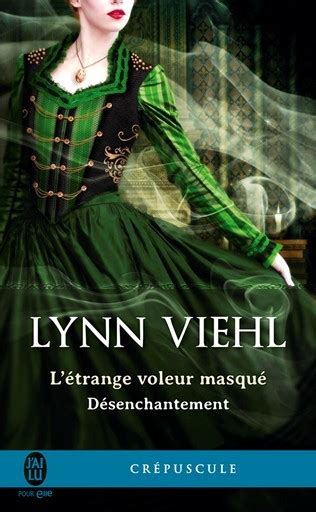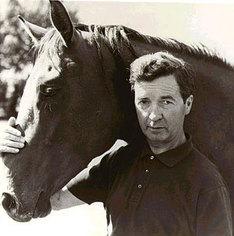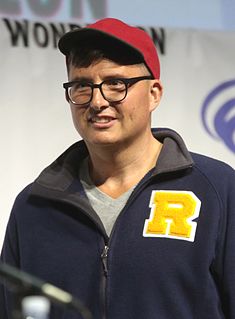A Quote by Lynn Viehl
He had even read Pride and Prejudice--although he had thought that many of the heroine's problems would have been solved if someone had simply strangled her mother.
Related Quotes
Hats change everything. September knew this with all her being, deep in the place where she knew her own name, and that her mother would still love her even though she hadn’t waved goodbye. For one day her father had put on a hat with golden things on it and suddenly he hadn’t been her father anymore, he had been a soldier, and he had left. Hats have power. Hats can change you into someone else.
Jem, Cecily thought, with a pang in her heart. Her brother had always looked to him as a kind of North Star, a compass that would ever point him toward the right decision. She had never quite thought of her brother as lucky before, and certainly would not have expected to do so today, and yet-and yet in a way he had been. To always have someone to turn to like that, and not to worry constantly that one was looking to the wrong stars.
As a child, what I was missing was so much bigger to me than what I had. My mother-mythic, imaginary-was a deity and a superhero and a comfort all at once. If only I'd had her, surely, she would have been the answer to every problem; if only I'd had her , she would have been the cure for everything that ever had gone wrong in my life.
As a child, Kate hat once asked her mother how she would know she was in love. Her mother had said she would know she was in love when she would be willing to give up chocolate forever to be with that person for even an hour. Kate, a dedicated and hopeless chocoholic, had decided right then that she would never fall in love. She had been sure that no male was worth such privation.
From an early age she had developed the art of being alone and generally preferred her own company to anyone else’s. She read books at enormous speed and judged them entirely on her ability to remove her from her material surroundings. In almost all the unhappiest days of her life she had been able to escape from her own inner world by living temporarily in someone else’s, and on the two or three occasions that she had been too upset to concentrate she had been desolate.
At that moment a very good thing was happening to her. Four good things had happened to her, in fact, since she came to Misselthwaite Manor. She had felt as if she had understood a robin and that he had understood her; she had run in the wind until her blood had grown warm; she had been healthily hungry for the first time in her life; and she had found out what it was to be sorry for someone.
That was when I learned that words are no good; that words dont ever fit even what they are trying to say at. When he was born I knew that motherhood was invented by someone who had to have a word for it because the ones that had the children didn't care whether there was a word for it or not. I knew that fear was invented by someone that had never had the fear; pride, who never had the pride.
Something that had been a single cell, a cluster of cells, a little sac of tissue, a kind of worm, a potential fish with gills, stirred in her womb and would one day become a man--a grown man, suffering and enjoying, loving and hating, thinking, remembering, imagining. And what had been a blob of jelly within her body would invent a god and worship; what had been a kind of fish would create, and, having created, would become the battleground of disputing good and evil; what had blindly lived in her as a parasitic worm would look at the stars, would listen to music, would read poetry.
I didn't write about my mother much in the third year after she died. I was still trying to get my argument straight: When her friends or our relatives wondered why I was still so hard on her, I could really lay out the case for what it had been like to be raised by someone who had loathed herself, her husband, even her own name.
The girl had a certain nobleness of imagination, which rendered her a good many services and played her a great many tricks. She spent half her time in thinking of beauty, bravery, magnanimity; she had a fixed determination to regard the world as a place of brightness, of free expansion, of irresistible action, she thought it would be detestable to be afraid or ashamed. She had an infinite hope that she would never do anything wrong. She had resented so strongly, after discovering them, her mere errors of feeling.






































